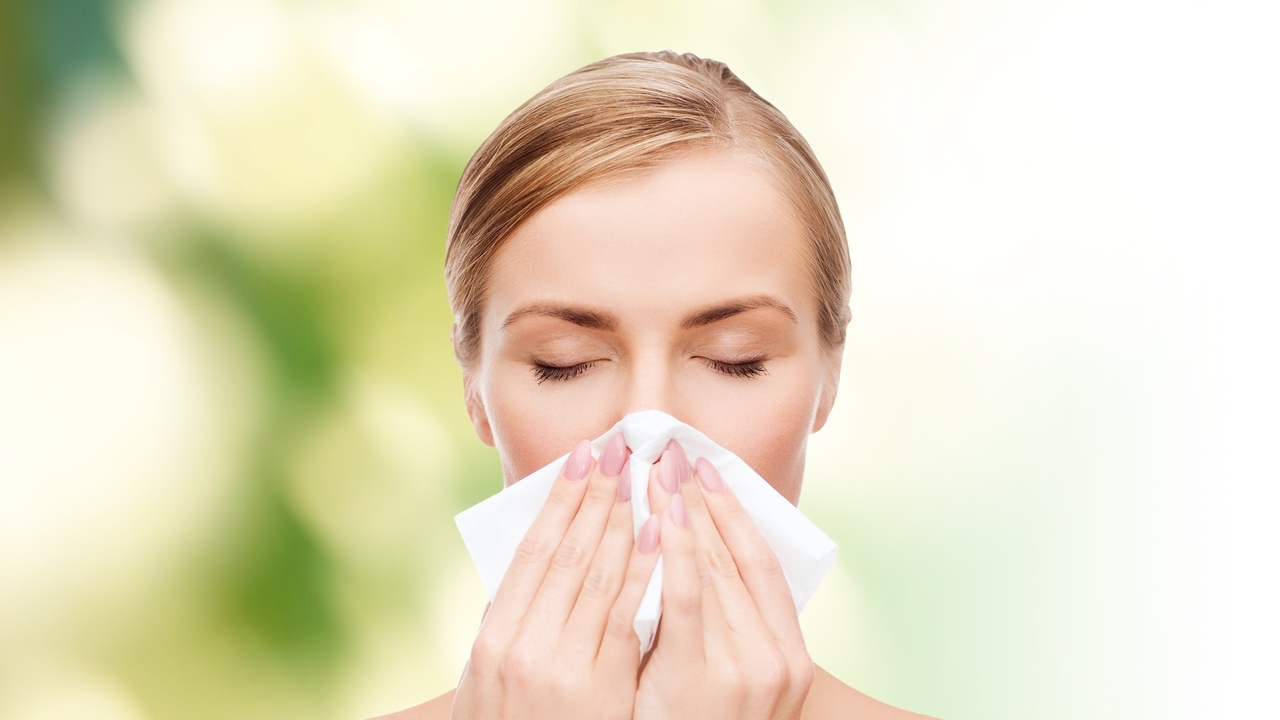 Lev Dolgachov/PhotoSpin
Lev Dolgachov/PhotoSpin
Spring is in full bloom, and so are your allergies. If you are one of the 45 million Americans with allergies, you may be wondering if you lived somewhere else, would your allergies be less of a problem?
Each year the Asthma and Allergy Foundation of America evaluates and ranks 100 cities based on the same three criteria:
• Pollen scores (airborne grass/tree/weed pollen and mold spores) based on levels from the previous season and duration of those levels. This score also includes statistics on how many people are susceptible to those types of triggers.
• Number of allergy medications used per patient
• Number of allergy specialists per patient
The report is an independent research project of AAFA and is sponsored by DYMISTA®. The ranking of the cities changes every year so just because a city is in the top 10 this year, it may not be in the following year.
Plus, this is only a ranking of the 100 cities the AAFA looks at. There may be other places that are good to live if you have allergies that are not on the list.
The best cities are not at the top of this list, they are at the bottom. The top of the list has the worse cities to live if you have allergies.
For 2015, the top 10 places to live are:
1) San Diego, California
2) Daytona Beach, Florida
3) Colorado Springs, Colorado
4) Provo, Utah
5) Sacramento, California
6) Oxnard, California
7) Denver, Colorado
8) Portland, Oregon
9) San Francisco, California
10) Spokane, Washington
You can see the entire table here.
One can immediately see that five of these cities are on a coast where the air is more humid, the temperatures are more mild and ocean breezes can blow allergens away. Notice there are no centrally located east coast cities in the top ten.
Colorado Springs in Colorado, Provo in Utah, and Denver in Colorado all have elevations of over 4,000 feet. Mountainous areas are often less allergy prone than areas that are flat in valleys, says WebMD.
These locations do not have the large expansive fields of wild grass that can contribute to high pollen counts.
Sacramento in California and Spokane in Washington got a high rank on the list, even though they do not qualify as a coast or mountainous city. Some cities just have lower air pollution particularly due to diesel fuel, which can contribute to allergies.
If you look over the list you can see there are a number of other cities that rank very high in having a low pollen count and low use of allergy medicine but did not make the top ten list. This was because they do not have a high number of Board Certified Allergists available per patient.
That means that there are a number of cities in the 60-90 range that are still great cities to consider in terms of lower incidence of allergies.
Keep in mind that sensitivity to allergens can grow from exposure.
“You might temporarily have some relief, but as you live in a new place for awhile, someone who has a tendency toward seasonal allergies will start developing sensitivities to that area’s outdoor pollen, and every part of the country has certain pollens that tend to be a problem at particular times of the year,” James Sublett, M.D., FACAAI, a clinical professor and the section chief of pediatric allergy at the University of Louisville School of Medicine said to WebMD.
Sources:
Allergy Relief Tips Wherever You Go. WebMD. Retrieved May 17, 2015.
http://www.webmd.com/allergies/allergy-relief-10/best-cities-for-allergies
Allergies. Asthma and Allergy Foundation of America. Retrieved May 17, 2015.
http://www.aafa.org/display.cfm?id=9&sub=33
5 Great Places to Live in the United States if You Have Allergies. Kathleen MacNaughton Health Pro January 12, 2010. Retrieved May 17, 2015.
http://www.healthcentral.com/allergy/c/3387/99551/great-united-asthma
Michele is an R.N. freelance writer with a special interest in woman’s healthcare and quality of care issues.
Edited by Jody Smith




Add a CommentComments
There are no comments yet. Be the first one and get the conversation started!